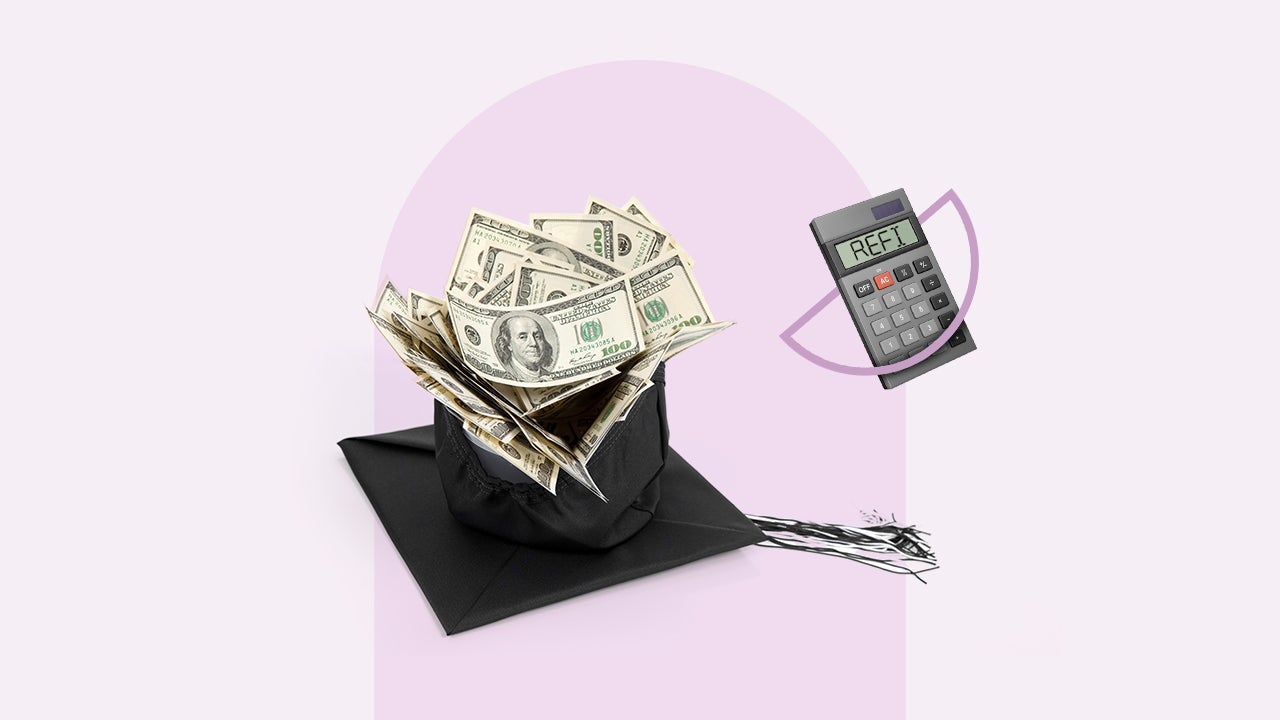What is a student loan grace period?

Key takeaways
- A grace period is a time during which you are temporarily exempt from making student loan payments.
- Many student loans come with a six-month grace period after you graduate or drop below half-time enrollment.
- For many student loans, interest accrues during the grace period. This interest may then be added to your loan balance.
A student loan grace period is the time after you graduate or drop below half-time enrollment and before you’re required to start making loan payments. Federal and most private student loans come with a six-month grace period.
One significant benefit is that it gives you time to find employment after graduating and plan your repayment strategy. But interest typically accumulates during the grace period — and may get added to your balance when you start making payments.
Benefits of a student loan grace period
A grace period is an extra buffer before you have to start making payments on your student loans. You can use that time to find a job, assess your monthly income, craft your budget and determine whether you need to request a different repayment plan once the grace period ends.
A grace period particularly benefits borrowers who have Direct Subsidized Loans. These loans do not accrue interest until after the grace period ends, so there is little downside to taking advantage of it.
Downsides of a student loan grace period
If you’re still getting on your feet financially, a student loan grace period can be helpful. But there are drawbacks to consider, including the fact that a grace period can increase your debt.
Student loan interest accrues during your grace period for many loans, which, in turn, increases the overall amount of money you have to repay. Often the debt that accrues during this time will ultimately be capitalized, meaning added to your principal balance. This doesn’t just increase your debt — it also means you’re now paying interest on the interest charges that accrued.
Increasing your debt balance means increasing your debt-to-income ratio, which can hurt your credit score. This may harm your ability to get approved for a mortgage or borrow money for any other purpose. It may also mean higher interest rates next time you borrow.
How long is a typical student loan grace period?
A grace period is generally six months long, but it varies depending on the type of student loan you took out.
How long is the federal student loan grace period?
Most federal student loans offer a six-month grace period:
- Direct Subsidized and Unsubsidized Loan borrowers get a six-month grace period.
- PLUS loans used for graduate or professional students will automatically be enrolled in a six-month deferment.
- Parent PLUS loan borrowers can request to be enrolled in a six-month deferment after their child graduates or drops below half-time enrollment.
With the exception of Direct Subsidized Loans, federal student loans will accrue interest during your grace period or post-graduation deferment.
How long is the private student loan grace period?
Many private student loan lenders try to give borrowers the same grace period that federal student loan borrowers receive. Examples include:
- Sallie Mae: Six months.
- Earnest: Nine months.
- Citizens Bank: Six months.
- College Ave: Six months for undergraduate loans and nine months for graduate loans.
Some lenders offer an even longer grace period, particularly for graduate school loans. Sallie Mae, for example, offers a 12-month grace period on dental school loans and a whopping 36 months on medical school loans.
If you’re unsure if you have a grace period, review your loan agreement or contact your lender.
Can you extend the grace period on student loans?
In almost every instance, you can’t extend your student loan grace period. The only time a grace period can be extended on federal student loans is if:
- You return to at least half-time enrollment before your grace period is up.
- You’re called to active military duty before your grace period is up.
If your grace period is already up but you need more time to get your affairs in order, you can request to put your loans in deferment or forbearance. Both of these temporarily pause your federal student loans for a set number of months. Interest will continue to accrue, but you won’t be penalized if you don’t make payments.
If a private student loan lender offers a grace period, you’ll need to check with your individual lender to see if it offers any deferment opportunities. Some lenders offer this on a case-by-case basis.
Should you make payments during the grace period?
You can make payments during your grace period if your finances allow for it. You might want to do so if:
- You get a job straight out of college that gives you enough income to make payments.
- You have unsubsidized, parent PLUS or private student loans that accrue interest during your time in school as well as during the grace period.
- You’re up to date on your other bills and have enough money to start making payments early.
- You want to lower your total interest owed by making interest-only payments.
Bottom line
Most federal student loans come with six-month grace periods. Private student loan grace periods vary by lender but can last up to nine months.
Making loan payments during the grace period can stop your balance from growing. If you can’t make payments, you should use this time to research repayment options and create a budget so you’ll be ready once student loan repayment begins.
Frequently asked questions about student loan grace periods
Why we ask for feedback Your feedback helps us improve our content and services. It takes less than a minute to complete.
Your responses are anonymous and will only be used for improving our website.
You may also like

What is a federal Direct Loan?

What is student loan refinancing and how does it work?




